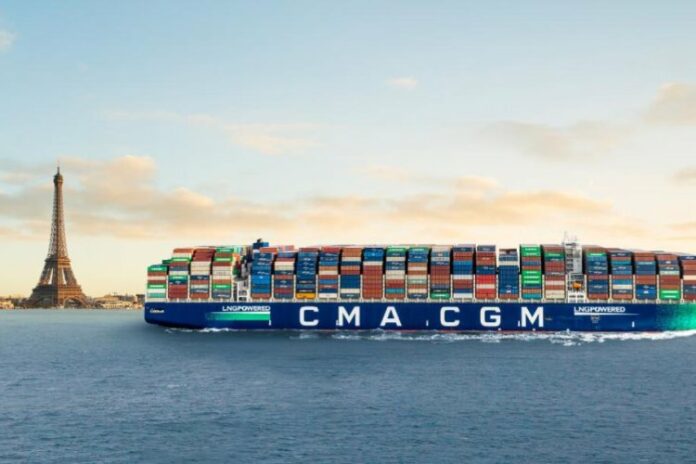Delivered gradually as of 2024, the seven new container ships – four 7,300 TEU vessels and three 7,900 TEU vessels, each with 1,385 Reefer plugs – will serve Guadeloupe and Martinique, significantly increasing services to the two islands, while also maintaining the same service standards, reliability and regularity. They will replace smaller ships dedicated to routes between the French West Indies, France and Europe
In order to cope with these larger capacity vessels, the CMA CGM Group will help to modernize and increase the capacity of the biggest shipping ports in Guadeloupe and Martinique, as well as making wharfs larger. Fort de France and Pointe à Pitre, central hubs of the Caribbean and South America, will be the starting point for transshipments to Guyana, Saint Martin, Saint Barthélemy and northeast Brazil.
With its new investment, the Group hopes to offer more support to its customers and partners and more generally to the economies of Martinique and Guadeloupe.
The CMA CGM Group is committed to the energy transition and has set itself the target of becoming Net Zero Carbon by 2050. The seven new ships rolled out in the French West Indies in two years will be powered by biogas, a technology that helps to significantly reduce greenhouse gas emissions and protect air quality by eliminating almost all air pollutants.
Biogas produced from biomass reduces CO2 emissions by 67% compared with conventional fuel and cuts sulfur oxide emissions by 99%, fine particle emissions by 91% and nitrogen oxide emissions by 92%. It therefore makes a significant contribution to improving air quality. The dual fuel gas engine technology developed by CMA CGM since 2017 is able to use biogas as well as synthetic methane. CMA CGM already has 31 e-methane ready container ships in its fleet fitted with dual-fuel engines. It will have 77 of these vessels by 2026.



